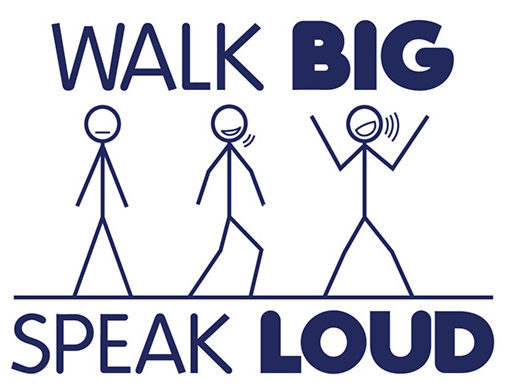Dad’s Belgian Waffles: Ambulance Fundraiser
The king of waffles, Dad's Belgian Waffles, is coming back to Glenwood on Sunday, April 14! If you haven't tried them, well, you should. Bring the family from 9a-1p. Start with a yummy and hearty waffle, top it with butter, whipped cream, and 9 choices of syrup, plus a side of sausage and beverages. And,...
$8

